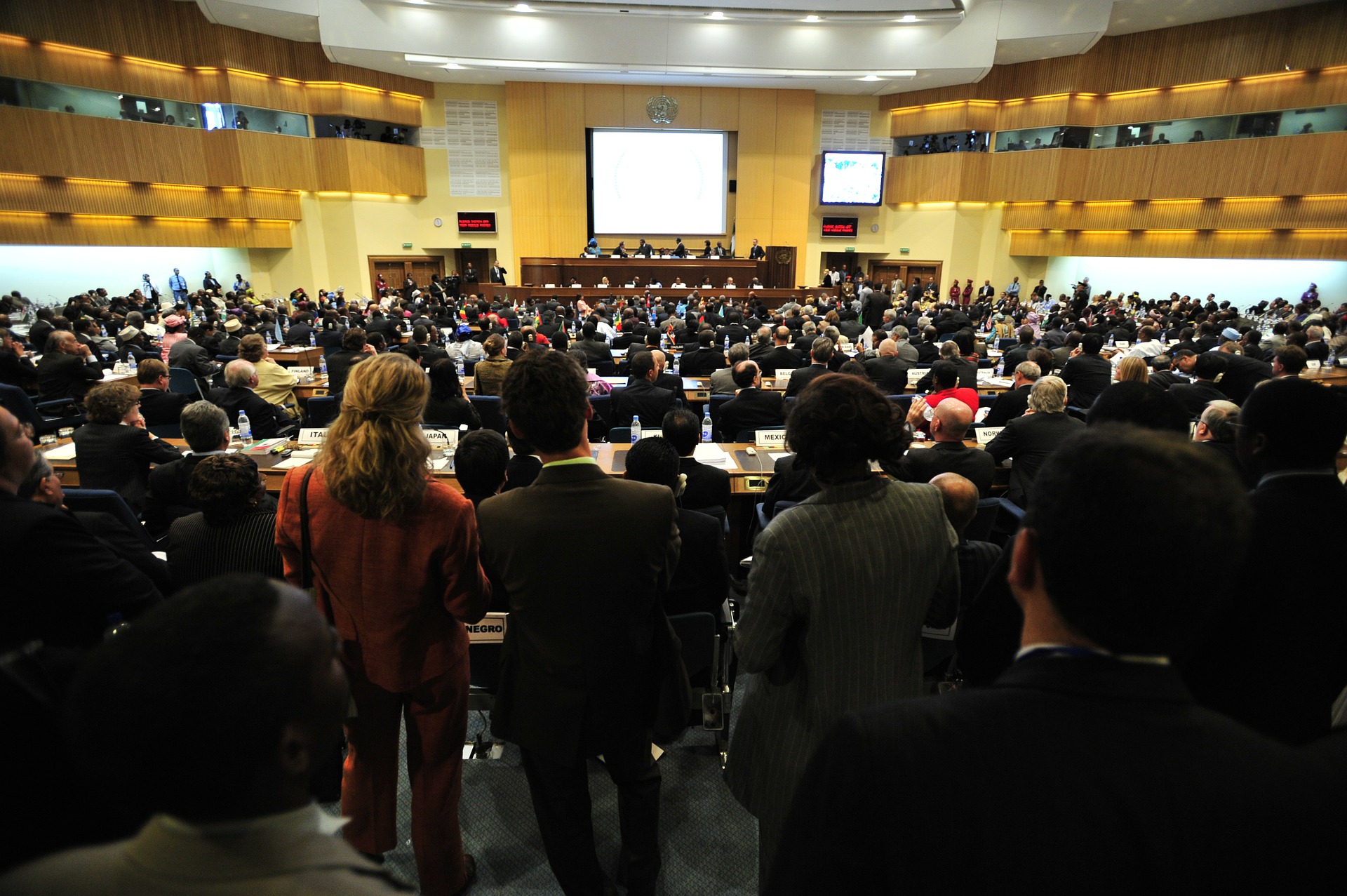West Africa’s Gulf of Guinea presents a number of security challenges, as Dr. Kamal Deem Ali recently explained at the UK Security Expo. Captain of the Ghanaian Navy and long-time member of the Centre for Maritime Law and Security, Dr. Ali raised the question of how we can secure the seas from Nigeria, to Cote d’Ivoire, to Angola as countries around the world look to do trade with West African countries.
The network of shipping lanes makes the region perfectly designed to welcome goods and infrastructure into a region that is still developing. However, the Gulf of Guinea has also become a prime target for those seeking to make financial gains on incoming traffic by whatever means are available. In particular Africa’s growing import/export market and offshore oil and gas potential open up a range of possibilities to investors, yet while exploration and investment continues to be enouraged, lack of technology means that keeping track of goods flowing in and out of the area is difficult to track and even harder to locate once goods go missing.
To put this into perspective, robberies around anchorages pose a serious problem with lack of security measures reinforcing the notion that cargo and shipping containers are easy pickings. In many coastal areas, profits reside with locals with only a little of the profit making its way to the major cities, with 4bn. Euros being lost last year to oil and fuel theft.
There is an argument in favour of the ‘Robin Hood’ approach – turning a blind eye to the security issues in the region, which would allow those enduring daily hardship to benefit from plundered oil and goods. But research has already shown that as opposed to helping resolve some of the issues in West Africa, it instead breeds criminality, especially in relation to human trafficking and harm to the ecosystem, with depleting fish stocks held to blame for a maritime insurgency of unlawful traffic and mangrove trees declining in the Nigerian Delta region.
Piracy has also been shown to flourish when lack of security measures are imposed, with new methods being adopted by pirates to extract the most wealth possible, moving away from hijacking of oil tankers in 2015/16 to ransom targeting.
To truly implement a lasting solution to issues such as these, stricter security measures must be applied that address the spectrum of maritime threats, legal complexities and governance gaps, the land-sea continuum and the institutional capacity. Too often, the region has been presented with projects and initiatives, which are started but are left unfinished due to the difficult circumstances that workers are faced with.
Synergy of partnerships and innovations can encapsulate all of these factors, so that the international community can better appreciate the growing awareness of maritime potential that resides in West Africa and look to establish more solid trade partnerships. Floating armories are not the answer, but improved security is definitely one step towards making West Africa a more desirable place to conduct business.



























